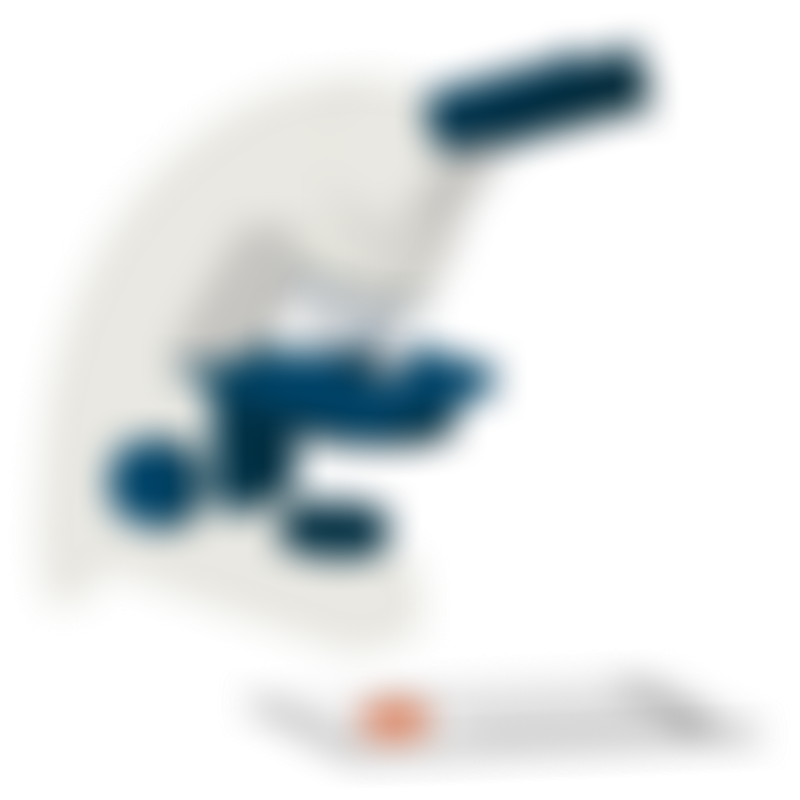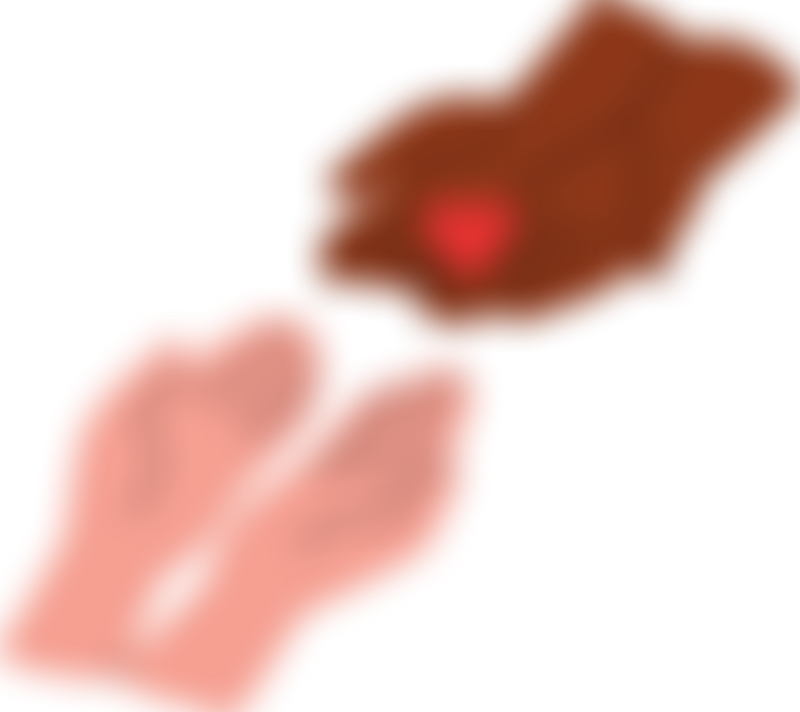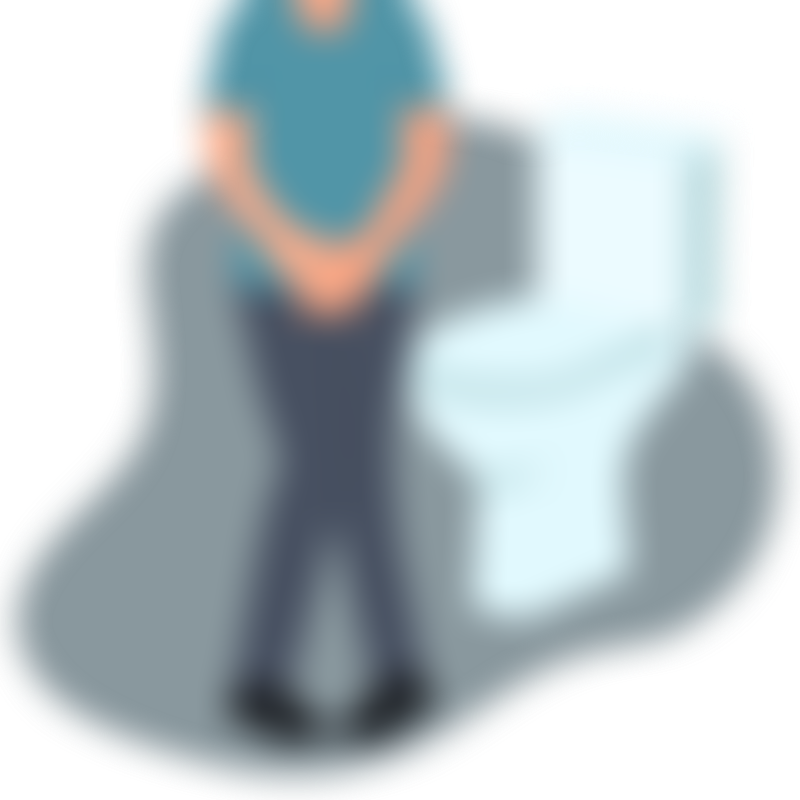

I’m Gerard, a retired manager from Ireland. It was in July 2015 that I found out I had stage 2 cancer of the prostate. My father had actually been diagnosed with prostate cancer too.
After undergoing a prostatectomy, I was declared cancer-free in December 2016. This is my story.

A PSA test by my medical doctor led to the discovery that I had small cell/neuroendocrine prostate cancer. I didn’t have any symptoms.

Finding out I had cancer made me fearful and took me by surprise. At the time, I was only 49 and was not expecting this news.

I opted for a radical prostatectomy based on:
- My medical doctor’s recommendation, as they preferred the prostatectomy
- My own research on the web, etc.
- Support from colleagues
Doctors told me it was quite straightforward and that urinary and sexual issues would be completely sorted out within 2 years, so I felt optimistic once the treatment plan was decided. I had one hospital visit of 3 days for the operation. Recovery at home took about 5 weeks. My treatment is subsidized.

Fatigue resulting from the radical prostatectomy affected me a lot. I also struggled with pain from a post-op infection, nausea and vomiting. To manage these side effects, I took the following steps:
- Increased my exercise frequency
- Improved my nutrition
- Took prescribed medication, specifically very strong painkillers

My mental health deteriorated after treatment. It caused me a lot of distress. But I’m planning to continue to volunteer as a patient advocate for the next few years.
Honestly, I don’t like being referred to as a survivor. Life after cancer is tough and the long lasting impact is challenging. I wish I knew before starting treatment that I needed to know much more about the real impact of prostate cancer.

Having a peer support group was particularly helpful in my experience with prostate cancer.

I resigned from my job after finding out I had cancer; I took the opportunity to retire on full pension.

Since my cancer diagnosis, I’ve experienced difficulties in many aspects of my personal life, including:
- Social life and relationships with loved ones
- Day-to-day life
- Self-esteem/self-image
- Professional life
- Mental health

My greatest fear? Initially, it was permanent incontinence. Thankfully, I gradually improved but am not fully continent.

Things never returned to normal, especially related to my sexual function. This makes me angry and sad.

Take as much time as possible before choosing treatment and get second, third opinions.
Be strong, ask questions from trusted sources, join a peer support network and stay otherwise fit and healthy.
This patient's story is published and shared with their full consent. Any personal data that can be used to identify the patient has been omitted.
Click here for more information.